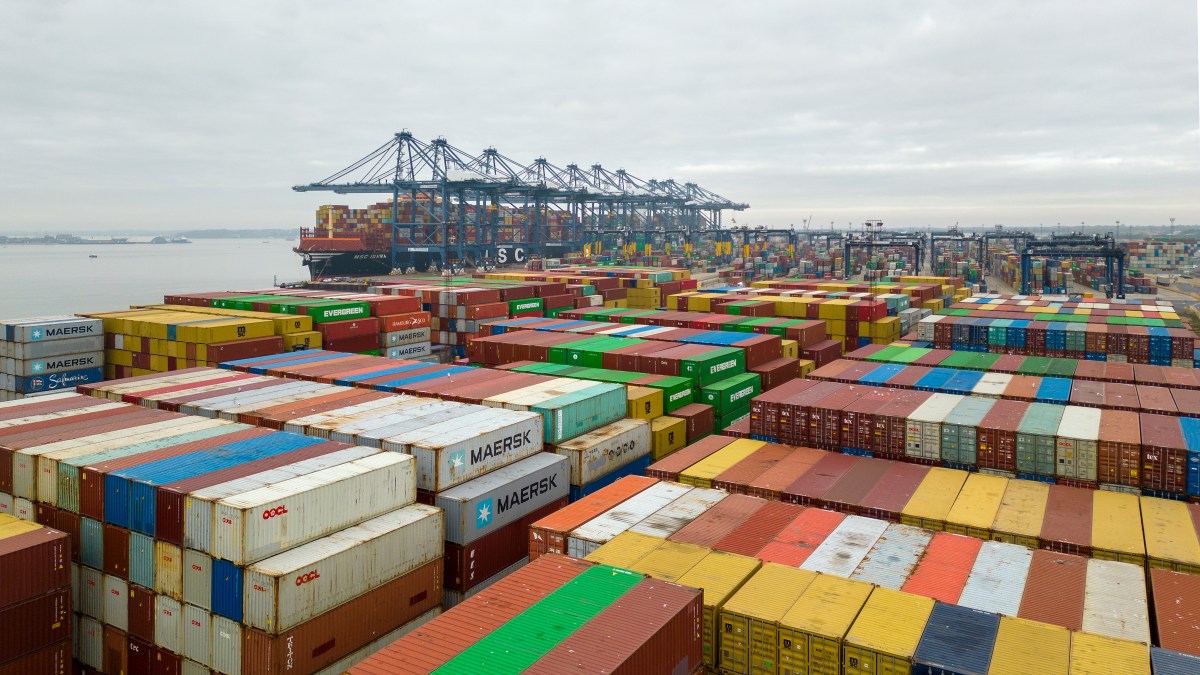Businesses are confident that their profits will improve over the coming year despite growing pessimism about the wider UK economy, a survey published on Friday shows.
An index of business confidence produced by Lloyds Bank rose by two points to 54 per cent in August, the fourth consecutive month of improvement. Sentiment among manufacturers was the highest in a decade despite anxieties that President Trump’s punitive tariffs will weigh on demand for factory-produced goods.
The rise in optimism was driven by firms anticipating higher revenue and profits in the coming 12 months — Lloyds’ trading prospects index jumped by five points to 63 per cent, an 11-year high.
Forecasts for the UK economy, however, deteriorated over the past month, with the economic optimism index down by three points to 44 per cent, the first drop since April, although the index is well above its long-term average of 19 per cent.
Hann-Ju Ho, senior economist at Lloyds Bank Commercial Banking, said: “This continued upward trend in business confidence suggests UK firms remain optimistic about their own trading prospects while there is a modest cooling of confidence in the wider UK economy. Firms are focusing on what they can control, with many looking to pursue growth opportunities, including entering new markets and adopting new technologies.”
Recent data has indicated that the UK economy is holding up well amid global trade tensions caused by Trump’s tariffs. Gross domestic product expanded by 0.3 per cent in the three months to June, better than was expected, and a closely watched index of private sector activity climbed to its highest level in a year.
This month, the Bank of England cut interest rates by a quarter of a percentage point to 4 per cent, the fifth reduction in a year. According to investors, the chances of another rate cut before the end of the year have diminished after a renewed surge in prices.
Researchers at Lloyds found that the government’s £25 billion national insurance raid on the private sector has yet to damage hiring intentions. Some 83 per cent of companies surveyed by the bank said that the increased cost of employment would have a limited impact on their recruitment, while 17 per cent said that it would have a major impact.
A net balance of 65 per cent of companies said that they planned to increase prices in the next year, up by four points over the past month. UK inflation accelerated to 3.8 per cent in July from 3.6 per cent and is expected to hit 4 per cent in September. Groceries prices rose by the fastest pace since February last year.
A net balance of 50 per cent of companies planned to expand headcount in the coming year, Lloyds said.
Official data published by HM Revenue & Customs showed that the number of payrolled staff in the private sector has fallen by over 160,000 since Rachel Reeves announced changes to employer NICs at the October budget. Unemployment has also risen to 4.7 per cent, a four-year high.

